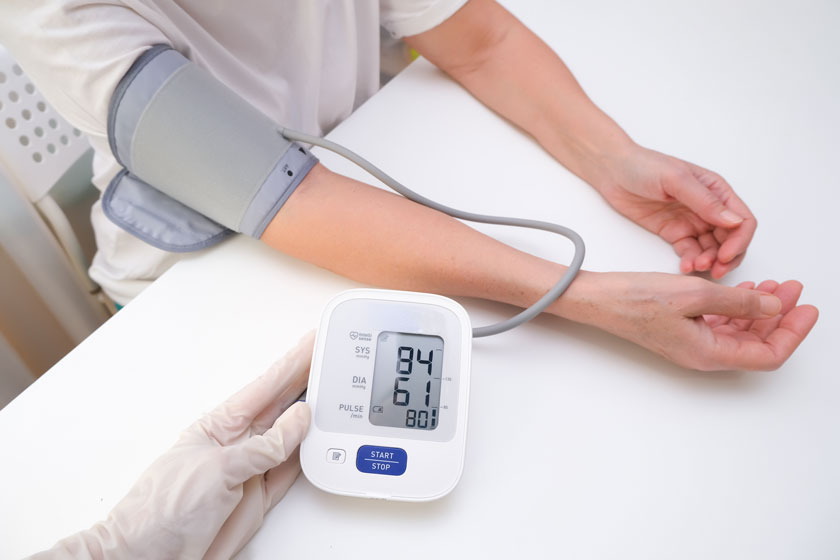Post-hospital syndrome is a condition that affects individuals after they have been moved out from a hospital, characterized by a period of generalized vulnerability to a wide range of health problems. In the context of senior Assisted Living facilities, this is a critical concern as it can significantly impact the health outcomes of those in their golden years.
When your beloved family members return to an Assisted Living setting after hospitalization, they face the dual challenge of recovering from their original health issues as well as overcoming the stressors introduced by the hospital stay itself, which can include sleep deprivation, inadequate nutrition and reduced mobility.
Role of Tailored Care Programs
Effective management of post-hospital syndrome requires a comprehensive approach tailored to meet the individual health needs of residents. Assisted Living communities are uniquely positioned to provide this specialized care through structured care programs that include physical rehabilitation, nutritional planning and mental health support.
These programs are designed to mitigate the risks associated with post-hospital syndrome, such as infection, falls or cognitive decline. For instance, rehabilitation services help in regaining strength and mobility, while dietary plans ensure the nutritional needs of those recovering are met effectively, thus promoting a smoother and quicker recovery process.
Integration of Multidisciplinary Health Teams
The success of managing post-hospital syndrome in Assisted Living settings often hinges on the expertise of multidisciplinary health teams. These teams typically include skilled nurses, physical therapists, dietitians and occupational therapists, who work collaboratively to develop and implement a comprehensive care plan tailored to the specific needs of each resident.
This integrated approach ensures that all aspects of a resident’s health are addressed, facilitating a holistic recovery. Health professionals in these settings continuously assess the progress of residents, adjust care plans as needed and provide ongoing support to address any emerging issues, which is crucial for preventing rehospitalization.
Creating a Supportive Environment
A supportive environment is vital for the recovery of residents dealing with post-hospital syndrome. This involves more than just medical care; it includes creating a welcoming and comfortable atmosphere that promotes well-being and reduces stress. Assisted Living communities accomplish this by ensuring that living spaces are safe, accessible and conducive to recovery.
Comfortable rest areas, quiet spaces for relaxation and areas for social interaction are all crucial in helping individuals regain their health and independence. Furthermore, these environments are designed to encourage family involvement and visitation, which can significantly enhance the emotional support provided to residents during their recovery period.
Ongoing Education and Engagement
Educating residents and their families about post-hospital syndrome and its implications is another pivotal aspect of care in Assisted Living communities. By keeping everyone informed, residents and their families can become active participants in the recovery process. Additionally, communities often hold workshops and seminars to educate about preventive measures and the importance of adhering to rehabilitation protocols.
Engaging senior living programs that are gentle yet stimulating, such as light health and wellness classes, arts and crafts and social events, are also instrumental. These activities not only keep residents engaged and mentally active but also play a critical role in improving their physical strength and emotional well-being, which are essential for combating the effects of post-hospital syndrome.
Personalized Monitoring and Rapid Response Systems
One of the cornerstone features of Assisted Living communities in managing post-hospital syndrome is the implementation of personalized monitoring and rapid response systems. These systems are crucial for ensuring immediate medical attention in the event of health deterioration or emergency situations.
Monitoring can vary from basic health checks, such as regular assessments of vital signs, to more advanced technologies including wearable devices that monitor heart rate and mobility patterns. Rapid response teams consist of trained medical professionals who are ready to respond at a moment’s notice, providing necessary interventions to prevent complications. This layer of safety reassures residents and their families that health concerns are addressed promptly and efficiently.
Enhancing Communication Between Medical Teams and Residents
Effective communication is essential in any healthcare setting, but it is especially critical in Assisted Living communities dealing with residents recovering from post-hospital syndrome. Ensuring that there is a clear, open line of communication between the healthcare team and residents, as well as their families, plays a pivotal role in the recovery process.
This involves regular updates on the resident’s progress, discussions about any concerns that might arise and clear explanations of the care plan and any adjustments that might be necessary. Enhanced communication not only helps in fine-tuning the care provided but also builds trust and eases the anxiety of residents and their families during a vulnerable period.
At our community, we are dedicated to ensuring a smooth transition from hospital to recovery with personalized care plans, comprehensive support and a comforting environment. Contact us today to learn how we can help ease the recovery process for those in their golden years and provide the peace of mind that you deserve.







